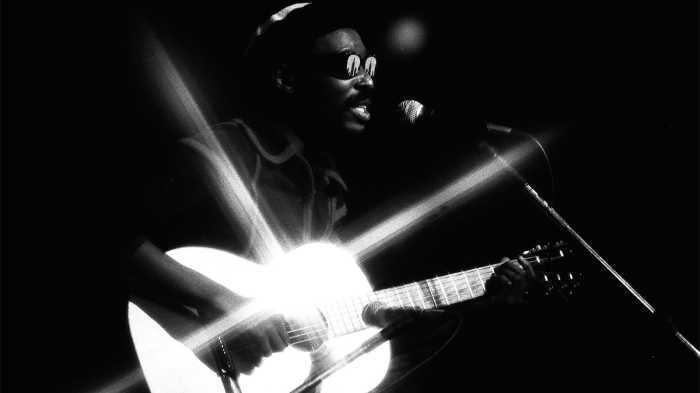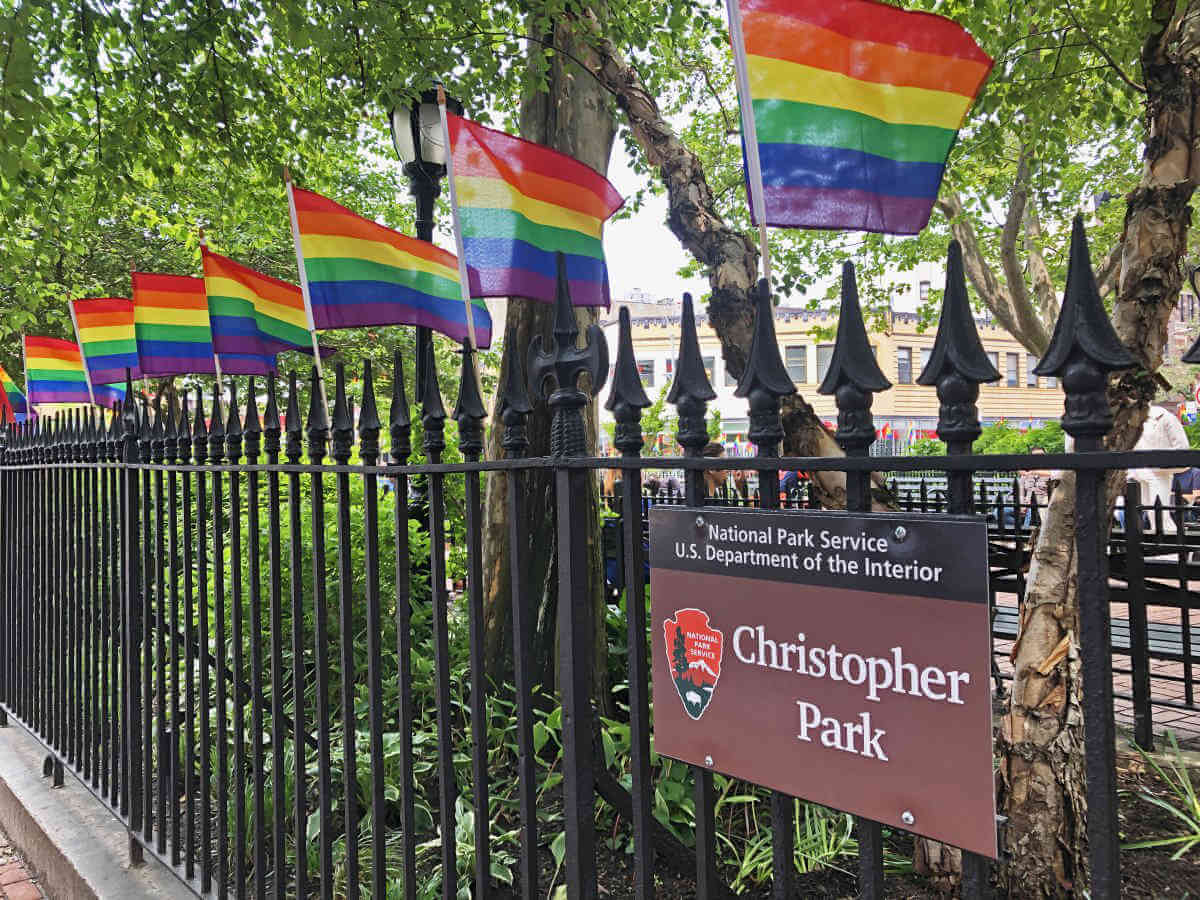By Lincoln Anderson
In what is certain to provide the 9/11 Commission’s most gripping moments, the federal panel investigating the 2001 terror attacks will be at Greenwich Village’s New School University next week for a day and a half of hearings.
The venue, New School’s Tishman Auditorium, at 66 W. 12th St., is about two miles from ground zero — the site of the former World Trade Center, where over 2,700 people perished. The hearings will be on Tues., May 18 (full day), and Wed., May 19 (half day).
“We’re going to have a very emotional two days of hearings in New York City,” said commission member Bob Kerrey, president of New School University.
Among those expected to testify are former Mayor Rudy Giuliani; former Police Commissioner Bernard Kerik; Tom Ridge, secretary of the Department of Homeland Security; and former Fire Commissioner Thomas Van Essen. A focus of the hearings will be the emergency response and communications between the Police and Fire Departments.
A significant number of the auditorium’s seats will be set aside for victims’ family members. Some of the 9/11 documentary by French filmmakers Jules and Gedeon Naudet, showing on-the-scene footage of the disaster, will be screened.
Grief counselors — whose services no doubt will be in demand — will be on hand.
Kerrey, a former Nebraska senator and governor, has frequently found himself in the spotlight on the commission, first for his tough comments to National Security Advisor Condoleezza Rice as she was testifying publicly last month, then, more recently, for leaving early from the commission’s private meeting with President Bush and Vice President Cheney at the White House. (Kerrey said he had a prior appointment with Senator Pete Domenici, of New Mexico, to discuss funding for a New School project.)
Kerrey, in turn, has bristled at charges that the commission has politicized the hearings. He said that the Bush administration should have given the commission more time to complete its investigation, allowing them to conclude after the upcoming election. But instead the administration gave them a six-week extension, which Kerrey said, is what politicized things.
The commission is now scheduled to wrap up its work July 26.
“I think a lot of what the administration has done has increased the attention on the commission,” Kerrey said. The initial refusal to let Rice testify publicly only increased this attention, he added.
Kerrey and other members of the bipartisan commission have been accused of being partisan — the Democratic members on the attack, the Republicans defending the administration. But Kerrey said it’s inevitable that the proceedings have been partisan in an election year.
“I feel confident that we are going to be able to achieve a bipartisan solution,” he said. “I think the politicization of this has occurred mostly from the outside because President Bush is running for reelection. The commission by asking for an extension — we did that because we were concerned that it would get caught up in the election.
“I am quite capable of being partisan,” Kerrey continued. “And if I’m attacked by partisans — that’s my first instinct. I was critical of Dr. Rice, even though I got her name wrong [Kerrey called her ‘Dr. Clarke,’ apparently confusing her with Richard Clarke, the administration’s former counter-terrorism expert, whose book had recently come out]…. I chose to engage in a critical response. The administration made mistakes, and she said they didn’t. That is not partisan. I did the same thing with [former National Security Adviser] Sandy Berger.”
For a while, Kerrey and other commission members were making the rounds of the TV talk shows, which brought them under scrutiny from some who thought this behavior was too high profile. But, according to a source, during the period around the April 29 Bush-Cheney interview, the commissioners were told to “lay low” and avoid going on the news shows. However, according to the source, one commissioner, Tim Roemer, reportedly was ready to go on CNN the morning of the White House interview, but suddenly canceled without explanation — leading some to believe he’d been warned not to do it.
Read More: https://www.amny.com/news/9-11-hearings-at-new-school-bound-to-be-emotional-2/






































